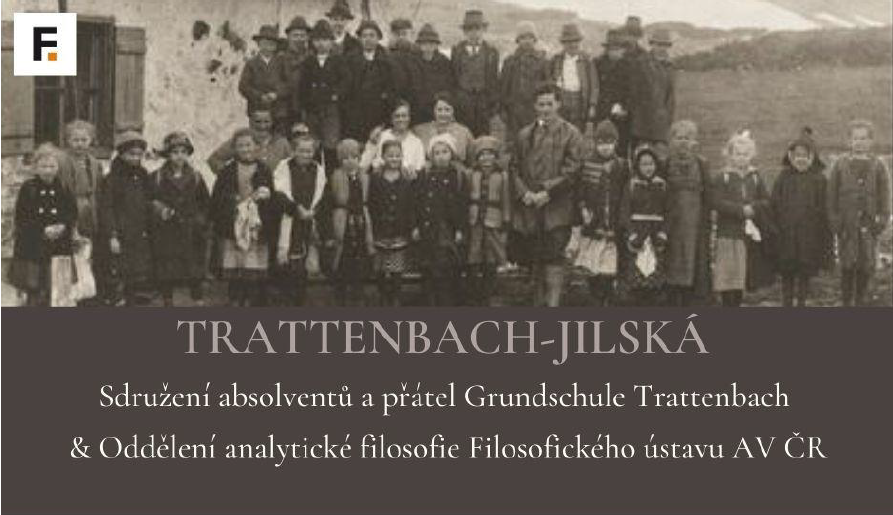Sascha B. Fink (University of Magdeburg)
‘On Epistemic Issues of Psychedelics’
2.2.2023 15:00, Zasedací místnost / Meeting Room (room no. 124a), Jilská 361/1, Praha 1
Psychedelics (like LSD, mescaline, or psilocybin) are chemical substances that massively affect and alter our experience, even in low doses. While being shunned since Nixon's “war on drugs” on the 70s, newer data suggest that a psychedelic-augmented psychotherapy has an increased effectiveness in managing several widespread psychopathologies like depression or trauma. This has given rise to a “Psychedelic Renaissance” in science and psychiatry. Stakeholders now expect that the use of these substances will become more and more widespread, both in psychotherapeutic settings but also on the grey and black market. Some even aim for a decriminalisation of their recreational use.
If a society contemplates the widespread use of substances with great psychotropic potential, then the risks should be weighed against the possible benefits. In this talk, I will focus specifically on epistemic risks, i.e. the risks involving the formation of stable but maladaptive or erroneous beliefs. As a matter of fact, while most users have the feeling of deep insights, some end up delusional or holding metaphysical beliefs apparently at odds with any scientific world view. Additionally, most users show a raised suggestibility and openness for the world views of others in their vicinity, making them epistemically vulnerable to their surroundings.
In this talk, I present a cautious view of the epistemic benefits of psychedelics. I distinguish between direct and indirect benefits. Instead of directly leading to knowledge, as e.g. Letheby (2021) argued, I hold that their epistemic effects, if at all, are indirect. At most, they facilitate understanding. Based on this, I motivate a unified model that covers both good and bad cases of belief alteration under psychedelics. This view also points to three specific risks that must be addressed when implementing psychedelic-augmented therapy: The empiricist’s trap, the risk of malign openness, and pseudo-significant distractions.



